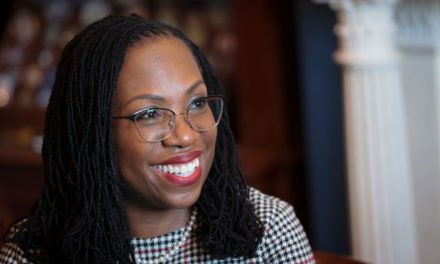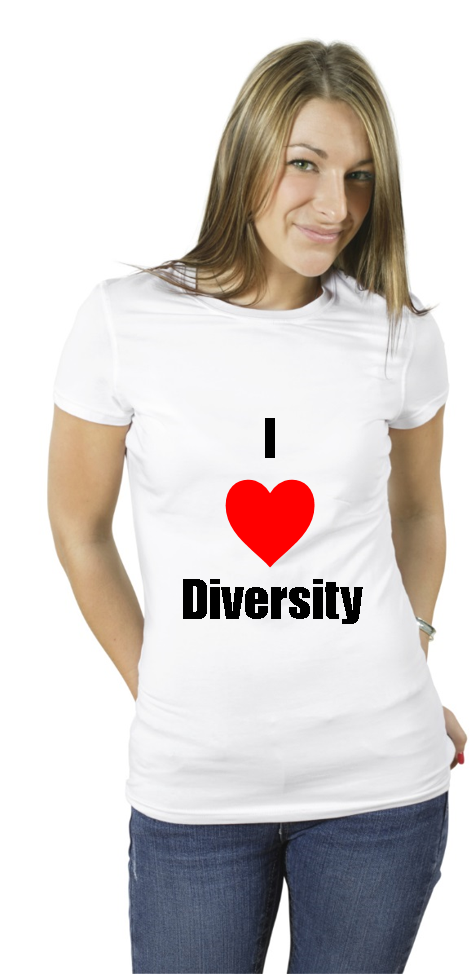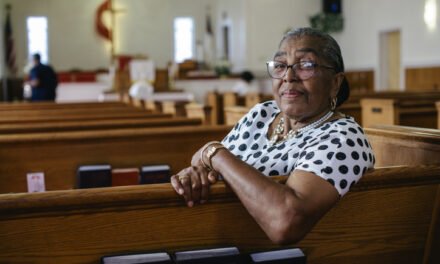
Earlier this week, The Winters Group team kicked off its second year of Un1ted As 1, one of the Cam Newton Foundation’s signature programs that teaches middle school students to embrace diversity and ignite social change. This year’s program is a two-day experience that will expose students to concepts like culture, identity, stereotypes, activism, and the ways in which they show up in our lives and impact our world. Students will wrap up their time together considering actions they can take to effect change within their own schools and communities. This year’s program is being held in Charlotte, NC, and will include a diverse group of 30 students who attend schools within the Charlotte-Mecklenburg school district.
As I reflect on last year’s program, and anticipate this year’s, I am reminded of the importance of creating space for young people to have these conversations. Studies have shown that children develop an awareness of differences as early as 6 months old, and make sense of those differences through the lens of norms and values they learn from family, friends, the media and other cultural influences. Yet, and still, many would suggest (and I have even heard parents say), that their “children are colorblind,” “they don’t see or care about differences,” and that the world would, perhaps, be a much better place if adults adopted similar perceptions. Based on my anecdotal observations, statements about children’s “colorblindness” typically come from white parents with white children, and ultimately contribute to norms and messaging that resonate in our adult lives—like the “myth of meritocracy,” heard often in our workplaces.
That said, I believe there is immense power and opportunity in developing the next generation of leaders into more critical thinkers and change agents—affirming their right to challenge the narratives they’ve learned, ask the tough questions about our history and the differences in how we experience the world; and arming them with the skills to model inclusion and stand for equity in their daily lives. I marvel at how much more progress around equity we could make in our workplaces, governments, education systems, etc. if we were to start early, and more broadly engage young people in these topics. This is a big part of “the work,” and The Winters Group team is honored to be part of it.
There is immense power and opportunity in developing the next generation of leaders and arming them with the skills to model inclusion and stand for equity in their daily lives. Share on XIf you’re interested in identifying ways in which you can begin to have conversations around diversity, race, and similar topics with the children in your life, check out this resource by Today’s Parent. It provides some excellent tactics for addressing race and differences at various ages. There’s also an Instagram page called The Conscious Kid I find particularly insightful that provides parenting and education tips through a critical race lens; it is curated by Black and Brown communities. They recently released a report, The Cat is Out of the Bag: Orientalism, Anti-Blackness, and White Supremacy in Dr. Seuss’s Children’s Books, which provides a critical analysis of childhood favorite, Dr. Seuss.
One of my favorite quotes by Maya Angelou is: “I did then what I knew how to do. Now that I know better, I do better.” As a mom and DEI practitioner, part of “doing better” means doing my part in empowering my son, other adults, and the next generation of leaders with the skills and knowledge to do even better.



















